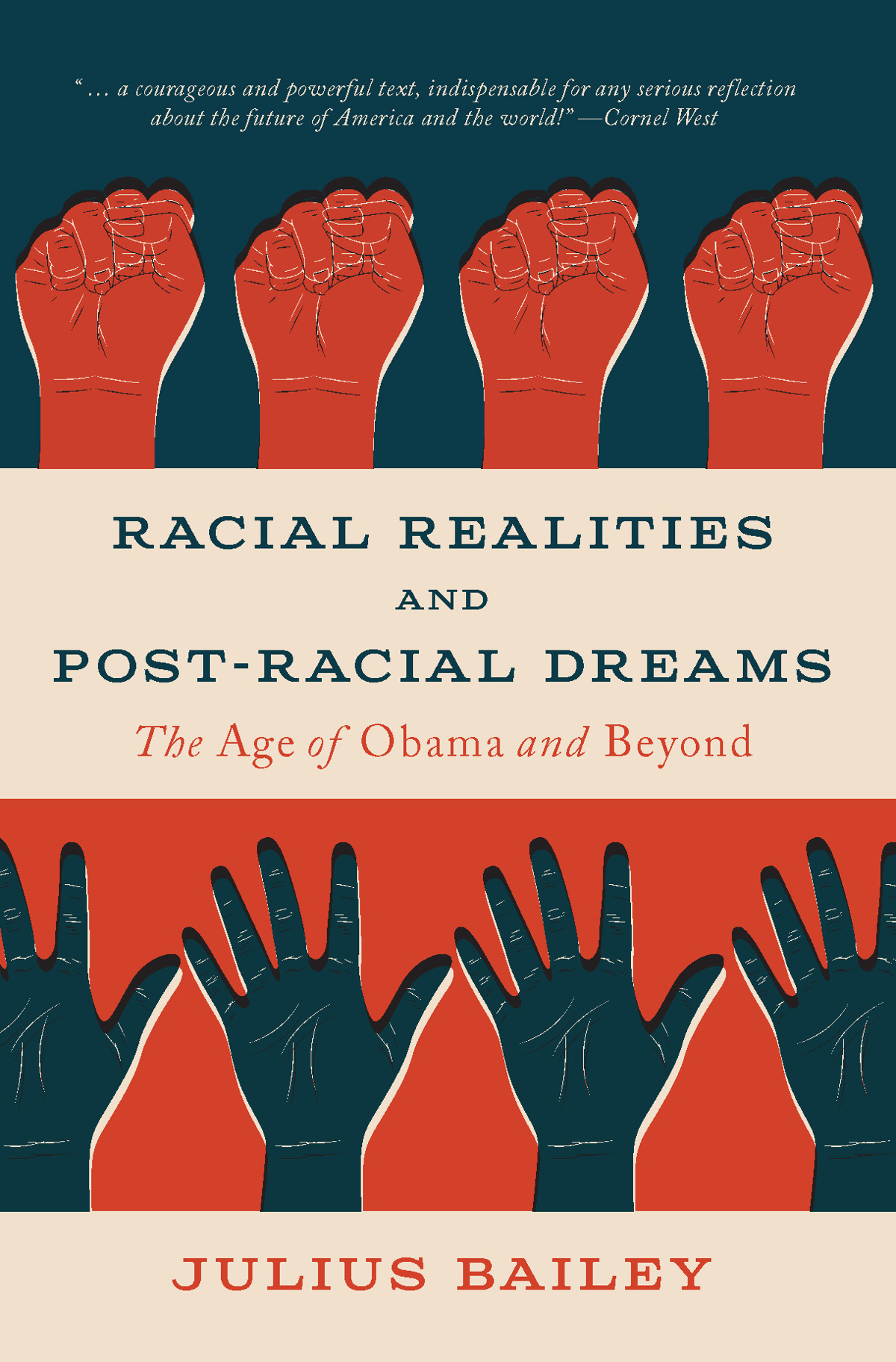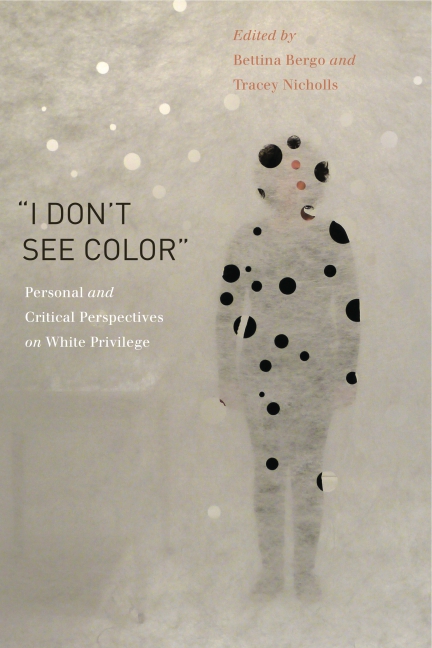The Case for Scholarly ReparationsPosted in Articles, History, Media Archive, Social Science, United States on 2016-01-12 18:51Z by Steven |
The Case for Scholarly Reparations
Berkeley Journal of Sociology
2016-01-11
Julian Go, Professor of Sociology
Boston University
Race, the history of sociology, and the marginalized man – lessons from Aldon Morris’ book “The Scholar Denied”
If Aldon Morris in The Scholar Denied is right, then everything I learned as a sociology PhD student at the University of Chicago is wrong. Or at least everything that I learned about the history of sociology. At Chicago, my cohort and I were inculcated with the ideology and ideals of Chicago School. We were taught that American sociology originated with the Chicago School. We were taught that sociology as a scientific enterprise, rather than a philosophical one, began with Albion Small and his successors; that The Polish Peasant by W.I. Thomas and Florian Znaniecki was the first great piece of American sociological research; and that the systematic study of race relations and urban sociology originated with Robert E. Park and his students. We were taught that we should not only read the Chicago school but also venerate it, model our work after it, and pass its wisdom on through the generations. But The Scholar Denied shows that the Chicago school was not the founding school of sociology in the United States. Neither Small, Park, Thomas and Znaniecki nor their students originated scientific sociology. The real credit goes to W.E.B. Du Bois, whom leading representatives of the Chicago School like Robert E. Park marginalized – perhaps wittingly. Moreover, and perhaps more contentiously, The Scholar Denied suggests that Park plagiarized Du Bois, and that venerated sociologists like Max Weber were perhaps more influenced by Du Bois rather than the other way around.
The implications are far-reaching. If the Chicago school is not the originator of sociology, then why spend so much time reading, thinking about, or debating it? If Morris is right, graduate students should instead focus upon the real innovators and founders: Du Bois and his “Atlanta School” of sociology. It only struck me after reading this book that Du Bois had barely if ever appeared on any my graduate school syllabi. Yet, this is not a question of adding more thinkers to the sociology canon. If Morris is right, there is an argument to made that Du Bois and the Atlanta School should replace the Chicago School, not just be added alongside it. For, with The Scholar Denied, Du Bois can no longer be seen as the “first black sociologist”, the originator of “African-American sociology,” or the one who pioneered the study of African-American communities. He must instead be seen as the first scientific sociologist who is the rightful progenitor of American sociology itself…
Read the entire article here.


